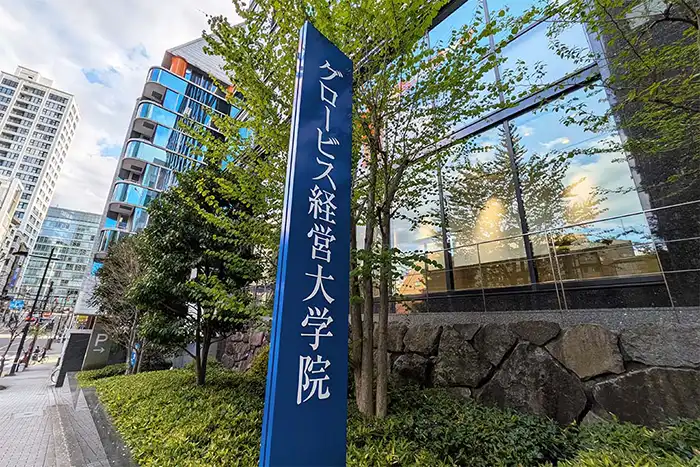Case Study
Leading Transformation in a Time of Crisis
Company: LS Corporation (Tokyo, Japan)
Sector: Inbound hospitality (Q Stay Hostel), F&B (Q Cafe)
My role: Global Product Marketing & Branding Lead
01.
Challenge
Background
Q Stay hostel was opened in the Ueno neighborhood of Tokyo in anticipation of the upcoming 2020 Olympics. From there, the plan was to expand the brand to other cities across Japan.
The brand’s mission was to be a “Hub of Culture in the Heart of Tokyo”, targeting young global travelers who wanted the amenities of a mid-range hotel but with the social energy of a youth hostel.
However, shortly after the Q Stay’s grand opening, the international travel market was devastated by the COVID-19 pandemic. Reservation rates cratered, and were slow to recover even as the worst of the pandemic passed.
As the Global Product Marketing Lead, I needed to find new ways to generate revenue or the company would not survive long.
Hypothesis
I first took stock of our available assets in our 5-story rental building: 3 floors of dormitory rooms, 2 private rooms, and a cafe-bar area intended as a social space for hostel guests.
The private rooms could still be domestic travelers, but even at full capacity could not generate sufficient revenue. The dormitory floors were unusable until the travel market recovered.
The cafe-bar on the ground floor, on the other hand, seemed to have potential as a stand-alone F&B operation.
Research
& Analysis
To verify this potential, I first looked at what similar companies were doing to survive the market downturn. I surveyed how cafes and bars in the Ueno area, and how hostels across Japan were adapting to the new circumstances.
Additionally, I conducted an online survey of over 100 consumers in the area to gauge how their habits and risk tolerances had changed during the pandemic.
Although this research was conducted in haste by necessity, the insights supported the hypothesis that utilizing our cafe-bar asset was our best bet to stay in business in the short and mid-term.
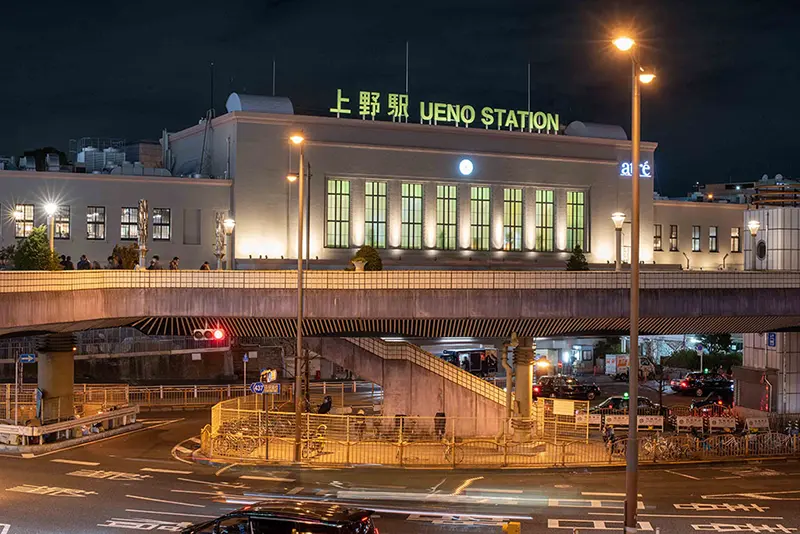
02.
Action
From Q Stay
to Q Cafe
Presenting my research findings to the CEO convinced him of the plan to transition company operations from a hostel to that of a cafe.
The shift needed to be decisive and rapid, and required changes to the customer experience of our cafe-bar area. Intended as a social space for guests, the original layout was not ideal for cafe customers.
I spent a week at the location working with the site manager to assess issues, optimize the space, and re-train the hostel staff to provide cafe customer experience.
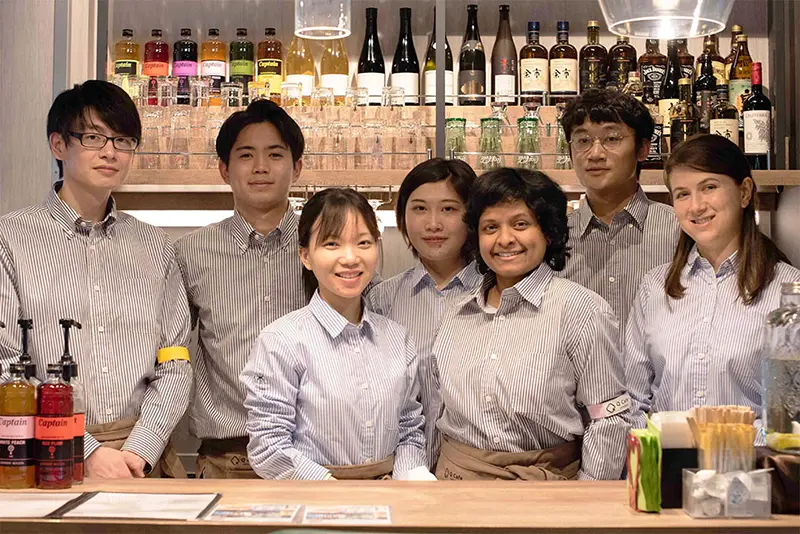
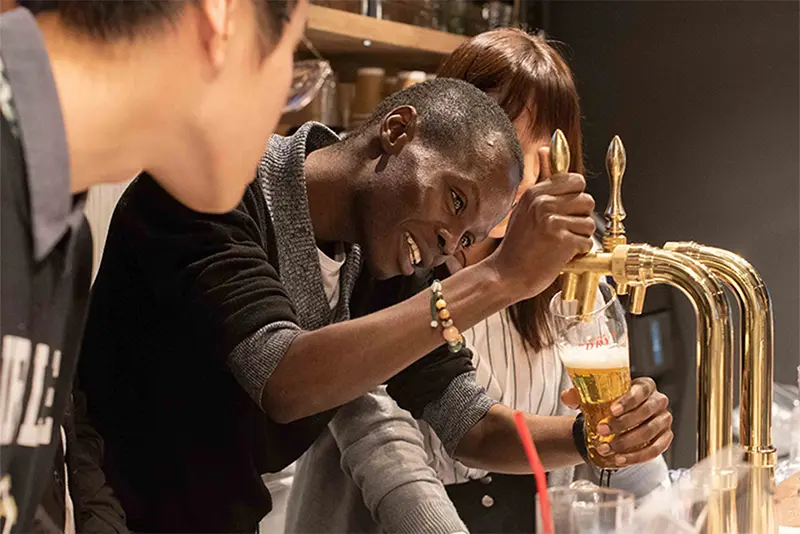
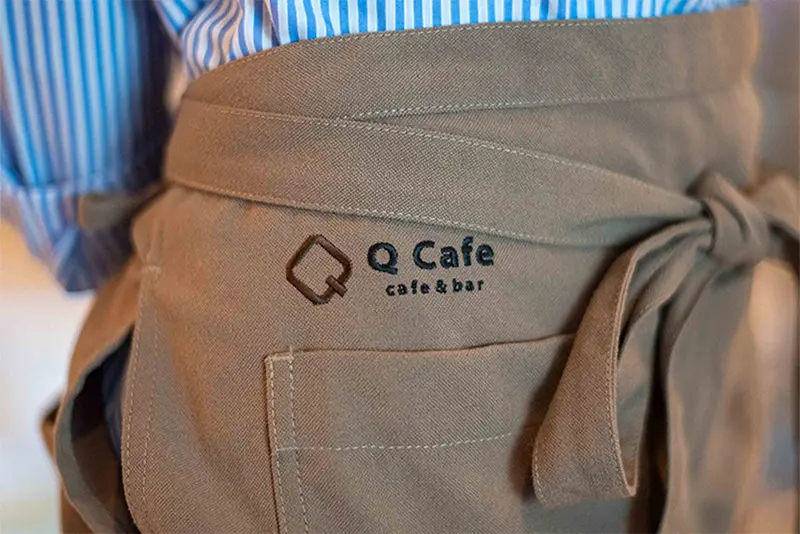
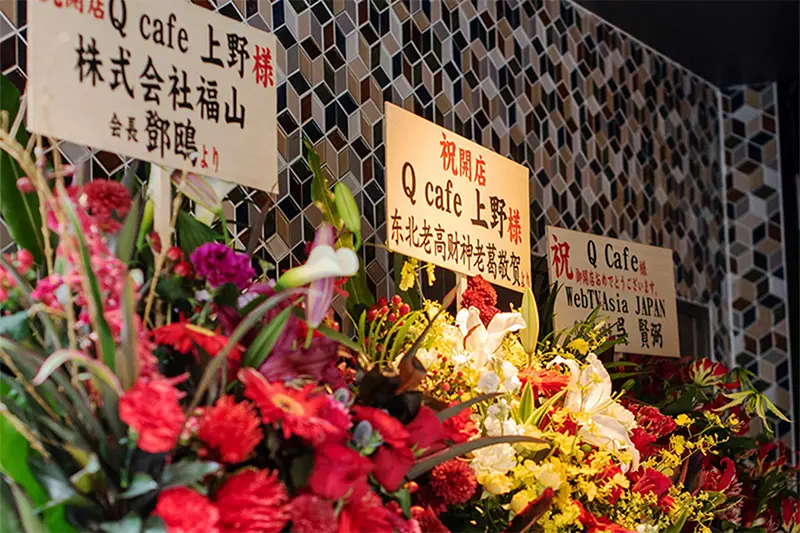
Content Collaborations
With existing cafe competition in the Ueno area, we needed a new and unique experience to attract customers and keep them coming back.
I led a brainstorming session which resulted in several exciting content partnerships.
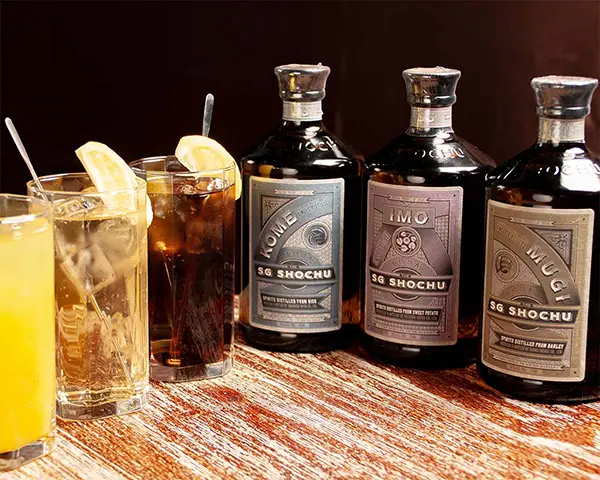
The SG Club
Exclusive cocktails created by the SG Club featuring their MUGI, KOME, and IMO shochu.
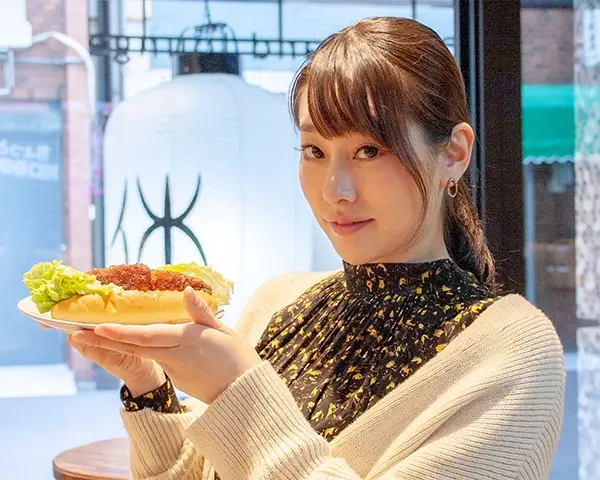
Lina Kawase
Craft menu items created by culinary influencer Lina Kawase, using locally sourced ingredients.
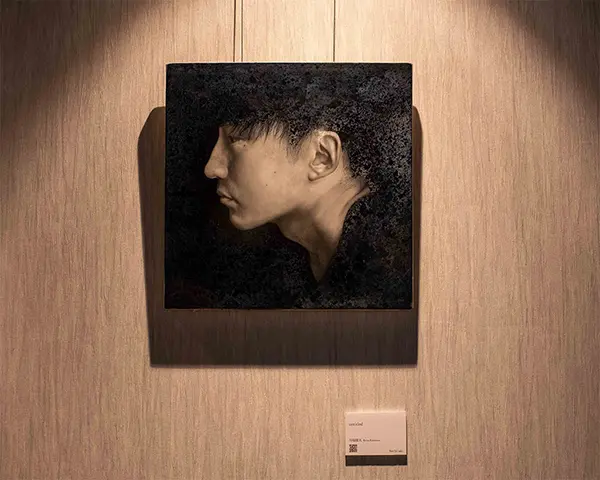
Tokyo Univ. of the Arts
Open gallery and marketplace for student artwork on the walls of the hostel and Q Cafe.
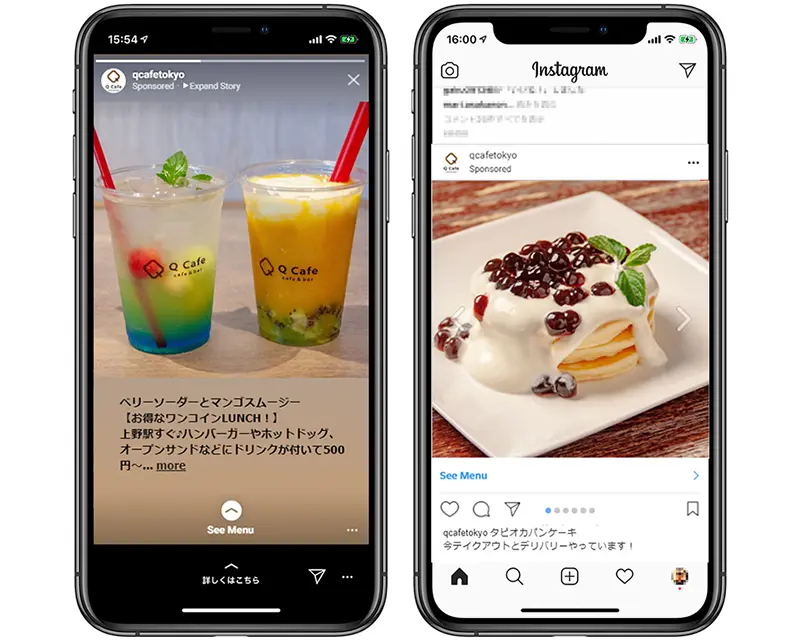
Digital Content
& Advertising
For paid campaigns, I utilized narrow geographic targeting and close-up photographs of menu items to attract hungry locals.
Local Media Connections
With global tourism at a standstill, we needed to shift our focus from inbound tourists to raising awareness among Tokyo locals.
I contacted a large network of local media outlets to bring a local spotlight to Q Cafe’s new brand identity and the exclusive content partnerships we had developed.
Tokyo Weekender
English language lifestyle magazine Tokyo Weekender featured our collaboration with Lina Kawase in print, and our cafe and hostel campaigns in their digital edition.
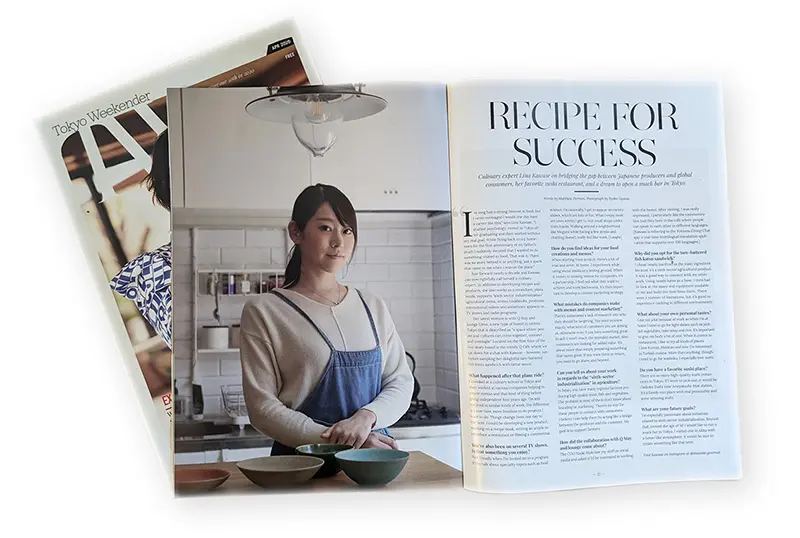
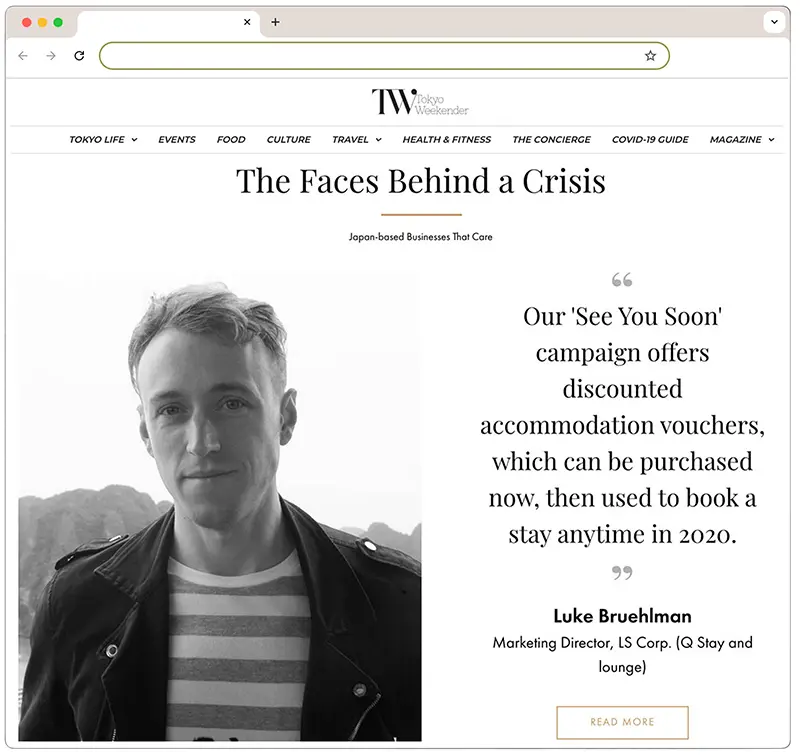
TV News Spotlights
Major Tokyo television programs like TBS’s News 23 and Nippon TV’s Zoom in Saturday picked up Q Cafe for spotlight segments.
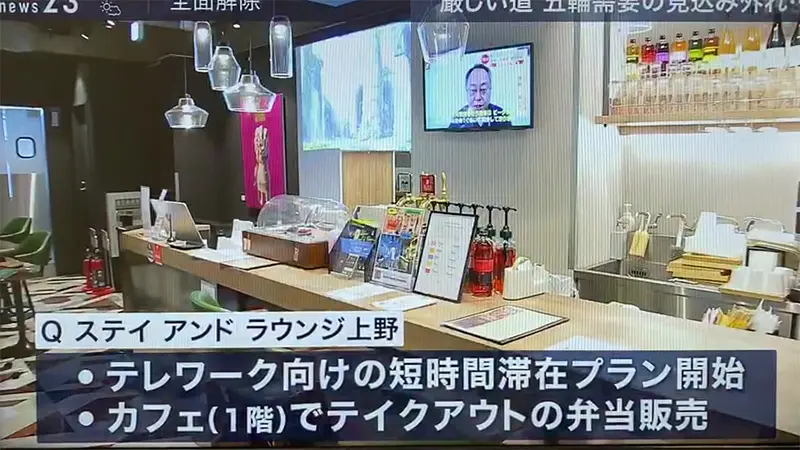
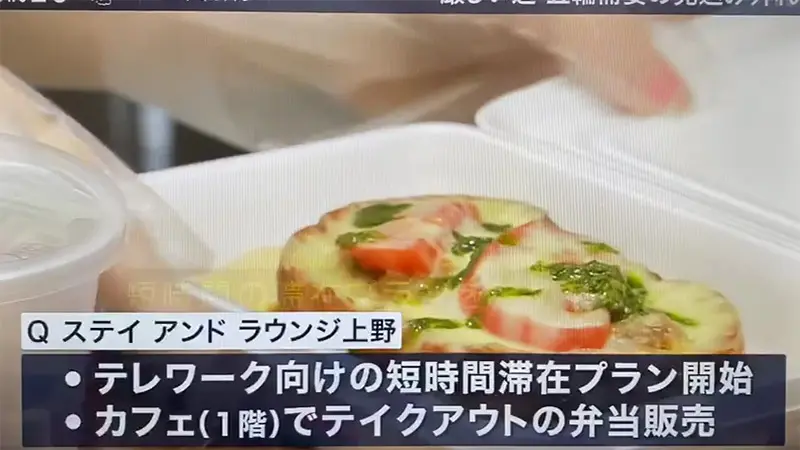
Online Media
The cafe and hostel were featured in Japan Today, as well as the Nikkei, the world’s largest financial newspaper.

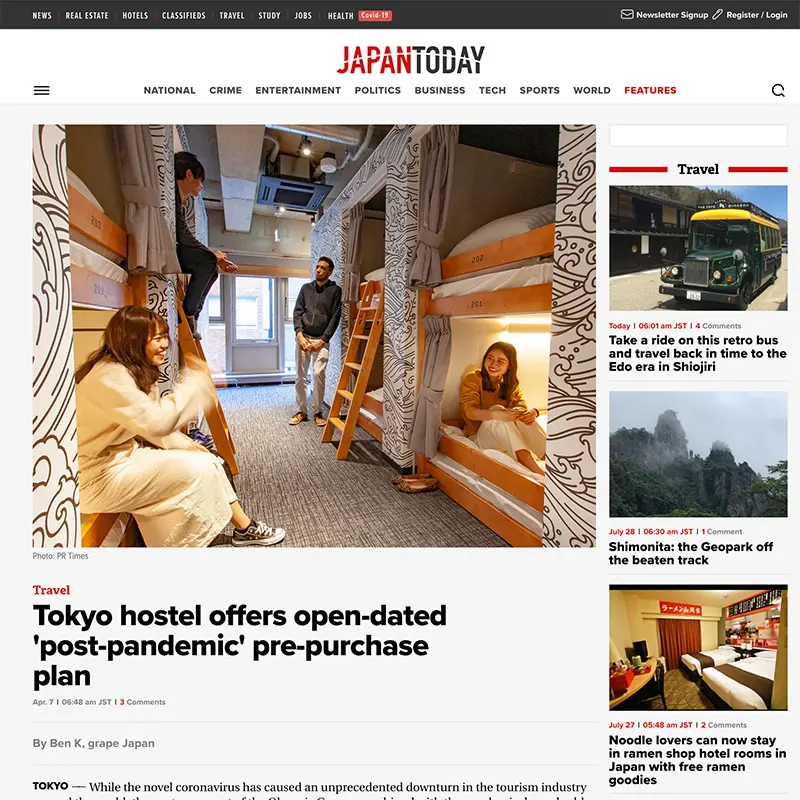
Events
As we shifted from hostel to cafe, I wanted to keep true to our mission of being a “hub of cultures in the heart of Tokyo.
Our greatest resource was our diverse location staff hailing from over 12 different countries. I understood they were dealing with a great deal of stress from the pandemic and the company’s rapid changes.
I collaborated with the staff on a series of public international events. Every month, a different member would host an evening featuring the food and culture from their home country. I promoted the events using web ads, social media posts, and Meetup.com listings.
Beyond simple additional revenue generation, these events succeeded in lifting the spirits of our staff during a period of uncertainty.

03.
Result
Business Results
The switch from hostel to F&B operations was top priority, and with all hands on deck, took less than a month to enact. While sales in the first month post-transition were stagnant, once the various campaigns took full effect, we began to see a 20% month-on-month growth in F&B sales.
This strategic transformation proved vital. We were able to stabilize revenue in a period of extreme downturn in the global travel industry. While LS Corp. and its operations would eventually cease operations in 2021, the swift shift to café-bar operations extended the company’s operational lifespan for well over a year during a time when so many other businesses failed.
What I Learned
Always stay flexible and decisive
The COVID-19 pandemic was a difficult time for most businesses, but especially the travel sector. When unexpected circumstances arise, survival can often depend on an organization’s willingness to keep an open mind, stay flexible, and take quick action to seize new opportunities. Leadership during uncertain times needs to be informed and decisive. Knowing one’s market, key assets, and human resources is indispensable.
04.
More Case Studies
Unifying a Global B2B Marketing Strategy
GLOBIS Corporation
Building a Brand Through Content Creation
GLOBIS Corporation
